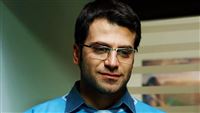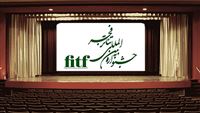The historical event of Ashura, a pinnacle of Islamic history, marks the martyrdom of Imam Hussein (AS), the revered third Shia Imam and grandson of Prophet Muhammad (PBUH), along with his 72 loyal companions.
Iranian cinema, inspired by the rituals and reenactments during Muharram, has embraced this poignant theme, making it a fine subject in numerous works of art.
Safeguarding this invaluable heritage in the contemporary world demands dedicated efforts, and transforming its essence into film and visuals stands as a remarkable endeavor.
The Iranian film industry, post-Islamic Revolution, has produced a collection of remarkable films centered on the Ashura incident. Let's explore some of these unforgettable creations:
.
1. 'The Courier' by Fariborz Saleh
Made amidst the adversities of the Iraq-imposed war on Iran, 'The Courier' (1982) holds a prominent position as one of the pioneering Iranian films dedicated to the Ashura event.
This cinematic masterpiece stands out as a groundbreaking work centered on the Ashura incident, making it the first of its kind in Iranian cinema.
The film follows the journey of Qays ibn Musahir al-Saidawi, who embarks on a mission to Kufa, entrusted with a powerful message from Imam Hussein (AS) to deliver to the people and their Sheikh, Sulayman ibn Surad. However, upon arriving in Kufa, Qays finds himself ensnared by the agents of Ibn Ziyad, plunging him into the depths of a prison, leading him towards martyrdom.
The inclusion of skilled actors adds an alluring charm to the movie, ensuring an unforgettable cinematic experience.
During the inaugural edition of the Fajr Film Festival, the film received acclaim from Iván Grigorescu, Deputy of the Romanian Film Producers Association and director of the film 'Human World'.
He stated while watching 'The Courier': “Although the film's subject is a historical battle, the presented realities serve to address contemporary issues that the world is facing. 'The Courier' is not only technically proficient and artistic but also a film that is accessible to the general public and can be utilized by a wide range of people.”
'The Courier' not only delves into historical events but also transcends time, resonating with modern-day audiences, making it an enduring masterpiece that effortlessly bridges the gap between the past and present.
.jpg)
.jpg)
.jpg)
2. 'The Fateful Day' by Shahram Asadi
A compelling Iranian film from 1993, 'The Fateful Day' is a tale of love transcending faith.
This 105-minute masterpiece boasts a stellar cast and has received acclaim both domestically and abroad, leaving an indelible mark in Iranian cinema.
‘The Fateful Day’ owes its enduring success to the presence of Beyzaee as the scriptwriter, hailed by critics as a key factor in the film's triumph.
The cast, featuring late Ezzatollah Entezami, Jamshid Mashaiyekhi, Mehdi Fathi, and Mohammad-Ali Keshavarz, adds brilliance to the cinematic masterpiece, and marks a pinnacle in Alireza Shoja-Nouri's acting career.
The film's debutant, Ladan Mostofi, shines alongside the talented cast, reviving a momentous occasion that has forever engraved in Iranian cinema history.
An essential ingredient in the film's success, maestro Majid Entezami's score, enriched with Ashura melodies, has become an unparalleled source of religious and ceremonial music.
The profound impact of the music resonated so profoundly with the audience that it was later released as a standalone album, receiving widespread recognition and acclaim.
‘The Fateful Day’ portrays the enduring significance of Imam Hussain's (AS) righteous stand against oppression and corruption.
The movie is about a Christian youth who converts to Islam for the love of a Muslim girl. At his wedding, he hears voices calling for help. He leaves the ceremony and takes a journey to Karbala. But he arrives after the Battle of Karbala.
In the course of his journey, Abdullah encounters the societal issues plaguing the people under Yazid's rule, while also witnessing the transformative impact of Imam Hussain (AS) in resolving these challenges.
In the film, Imam Hussain (AS) represents blessings and light, bringing prosperity and significance to every household and tradition. On the other hand, Yazid symbolizes darkness, causing devastation to communities and promoting corrosive superstitions.
The attached video to the news is a scene captured from 'The Fateful Day'.
.jpg)
.jpg)
.jpg)
3. 'Nasour' by Abdullah Dalvand
An Iranian animated gem, 'Nasour' explores the battle of Karbala, focusing on the life of Abdullah bin al-Hur al-Jaafi, who invited Imam Hussein (AS) to Kufa.
The animation garnered attention at the Fajr Film Festival and was hailed as the best animation at the Qadir Film Festival in Iraq.
‘Nasour’ weaves a compelling narrative centered on the pivotal events surrounding Karbala, touching the hearts of audiences.
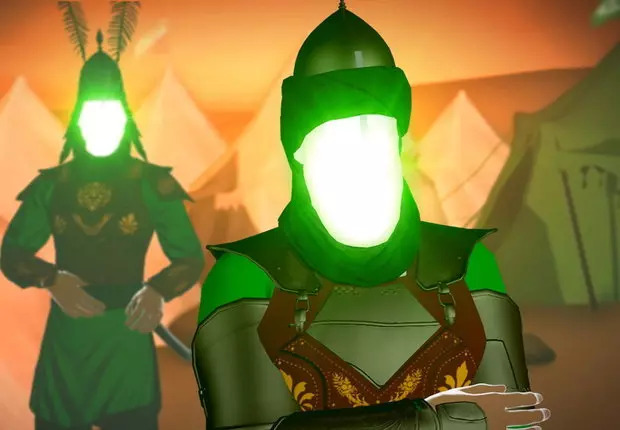
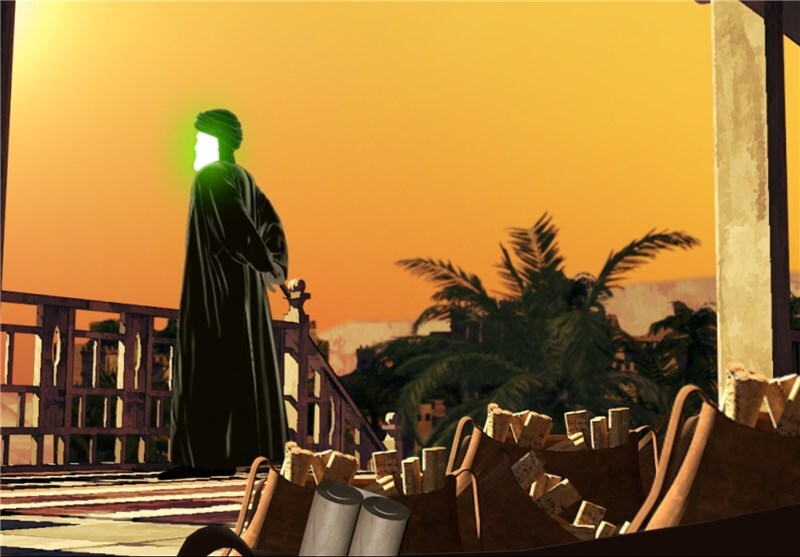
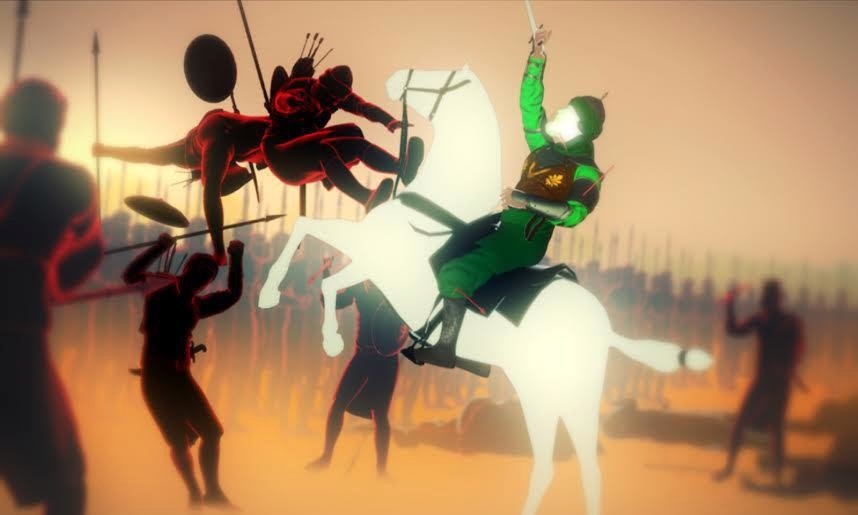
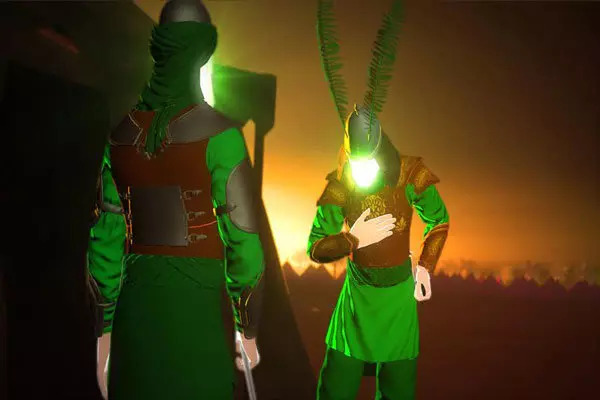
4. 'The Tenth Night' by Hassan Fathi
‘The Tenth Night’ series, released in 2001, marks a turning point in the portrayal of Ashura events on Iranian television.
The series revolves around the young man Heidar, played brilliantly by Hossein Yari.
As his path intertwines with a young lady from the Qajar family, portrayed by Katayun Riahi, he finds himself taking a momentous step: proposing to her.
The young lady's condition for marriage is unconventional yet challenging - Heidar must perform Tazieh, the Persian passion play, during the first ten nights of Muharram, despite its prohibition during the first Pahlavi era.
Fearless and undeterred, Heidar embarks on this daring venture, leading the Tazieh ceremony on the 10th night.
However, tragedy befalls him as he bravely sacrifices his life, falling victim to the oppressive agents of Reza Shah's regime.
Though built on a simple plot, ‘The Tenth Night’ beautifully depicts Heidar's transformation from shallow and materialistic love to profound and pure devotion.
Through ten consecutive nights, Heidar and his companions undergo trials mirroring the tribulations of Imam Hussain (AS) and his loyal followers, unraveling the truth behind the tragic events of Ashura.
‘The Tenth Night’ also delves into the strong love for Imam Hussain (AS) that runs through the veins of Iranians, an unbreakable bond that no government can sever from its people.
Furthermore, the series serves as a alluring introduction to the enchanting art of Tazieh, showcasing the unwavering dedication of Iranians in preserving this sacred tradition despite its prohibition.
Yari's exceptional performance, alongside skilled actresses Riahi, Sorayya Qasemi, and Roya Teymourian, brings life to the screenplay.
Director Fathi's talent for discovering acting gems shines through Parviz Fallahipour's praiseworthy portrayal of Heidar's best friend, Yavar.
The captivating voice of Iranian singer Alireza Qorbani, coupled with the expressive lyrics of late Afshin Yadollahi and the mesmerizing music of Fardin Khalatbari, enrich the series, leaving a lasting impact on its viewers.
This series remains a treasure among radio and television productions that continues to attract audiences far and wide.
'The Tenth Night' airs daily on iFilm English TV at 20:00 GMT. Additionally, each episode will be repeated the following day at 01:00, 07:00, and 12:00 (all GMT times).
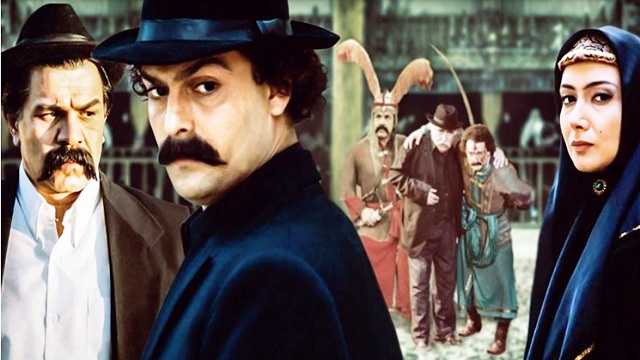
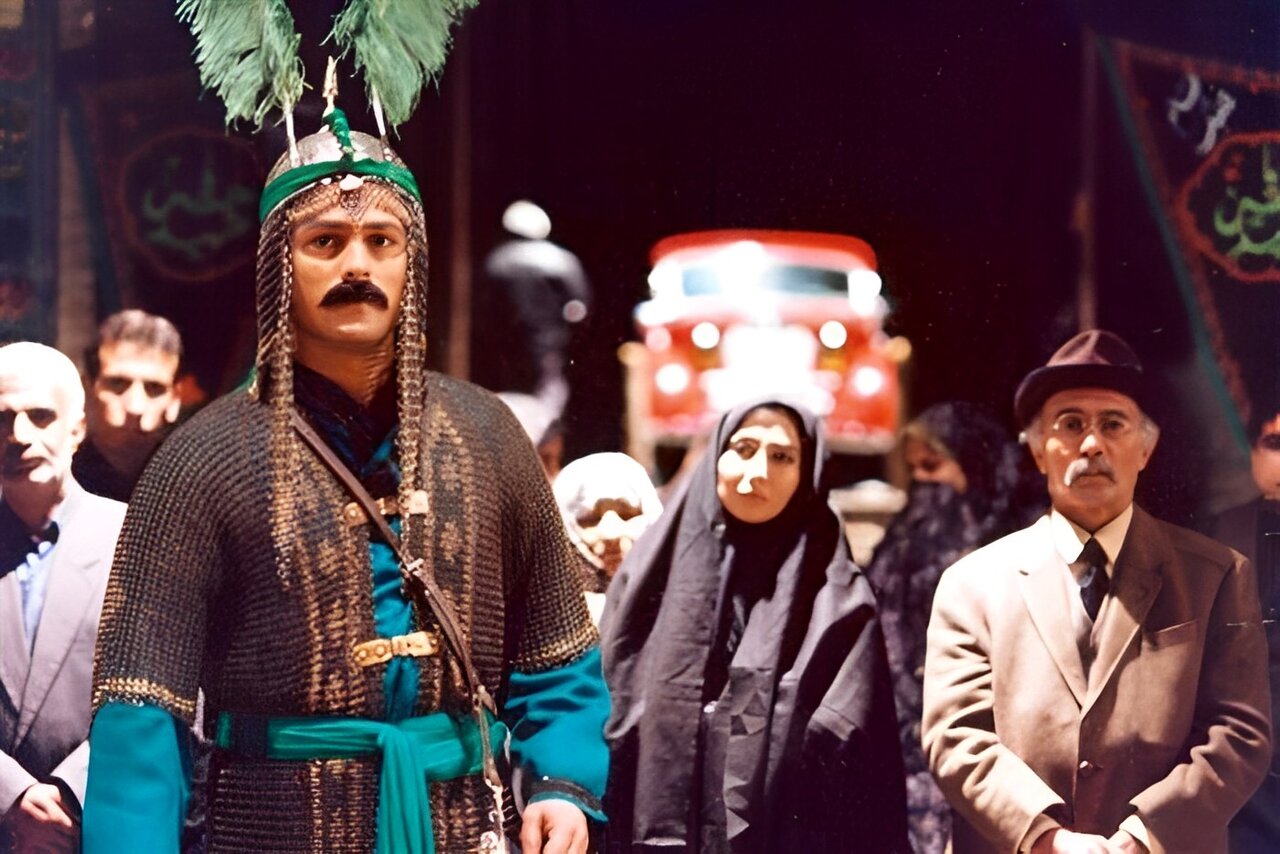
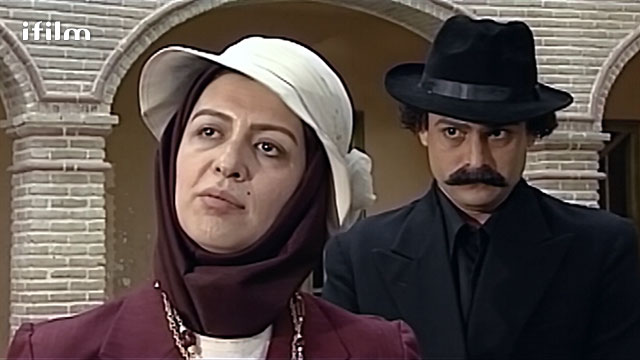
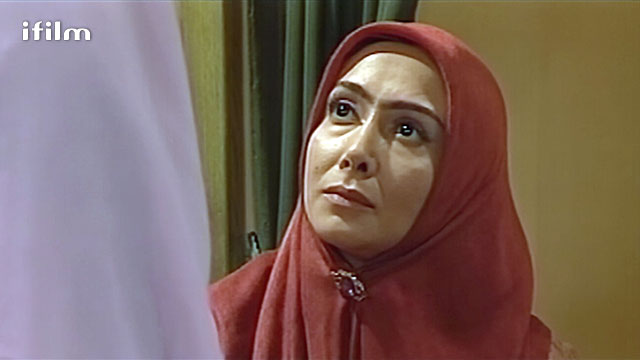
5. ‘Narrative of Love’ by Aladdin Rahimi and Anoushirvan Arjmand
The exploration of the Ashura incident through film paved the way for the production of television series centered on this compelling subject. Surprisingly, TV series on this theme often received more acclaim than their film counterparts.
Among these novel TV series stands ‘Narrative of Love’, a true pioneer that embraced the theme of Ashura.
Made in 1985, this series graced the screens of channel 1 IRIB during a time when Iranian television was still in its nascent stage, comprising only two channels.
In ‘Narrative of Love’, set in a small town in eastern Iran, actors like Anoushirvan Arjmand, Reza Saeedi, Ali Osivand, and Javad Tousi portrayed the characters. Among them, Reza Saeedi stood out, delivering a remarkable performance as Ibn Ziyad.
While ‘Narrative of Love’ may not have reached the same level of quality as other Ashura-themed works, it deserves acknowledgment for its noteworthy endeavor in visualizing the Ashura themes.
The series delved into the events leading up to the battle of Karbala, shedding light on the circumstances and influential figures involved. It portrayed the happenings in Kufa during the year 61 AH, extending beyond the general public's awareness, which had previously focused solely on the events of Ashura.
While the series may have reflected limitations in production quality, it managed to deliver impactful sequences.
The series showed characters like Hani ibn Urwa and Sulayman ibn Surad and their profound impact in the tragic incident of Karbala. The portrayal of Ibn Ziyad's role in the merciless killing of Hani and his manipulation of the masses also stood out as a powerful moment within the series.
It is crucial to remember that ‘Narrative of Love’ was created during a tumultuous period when Iran was engaged in a devastating war with Iraq. Despite facing challenges of limited funds, equipment, and experienced personnel in the cinema and television industry, the series emerged as a remarkable achievement in depicting the tragic events of the tragedy of Karbala.
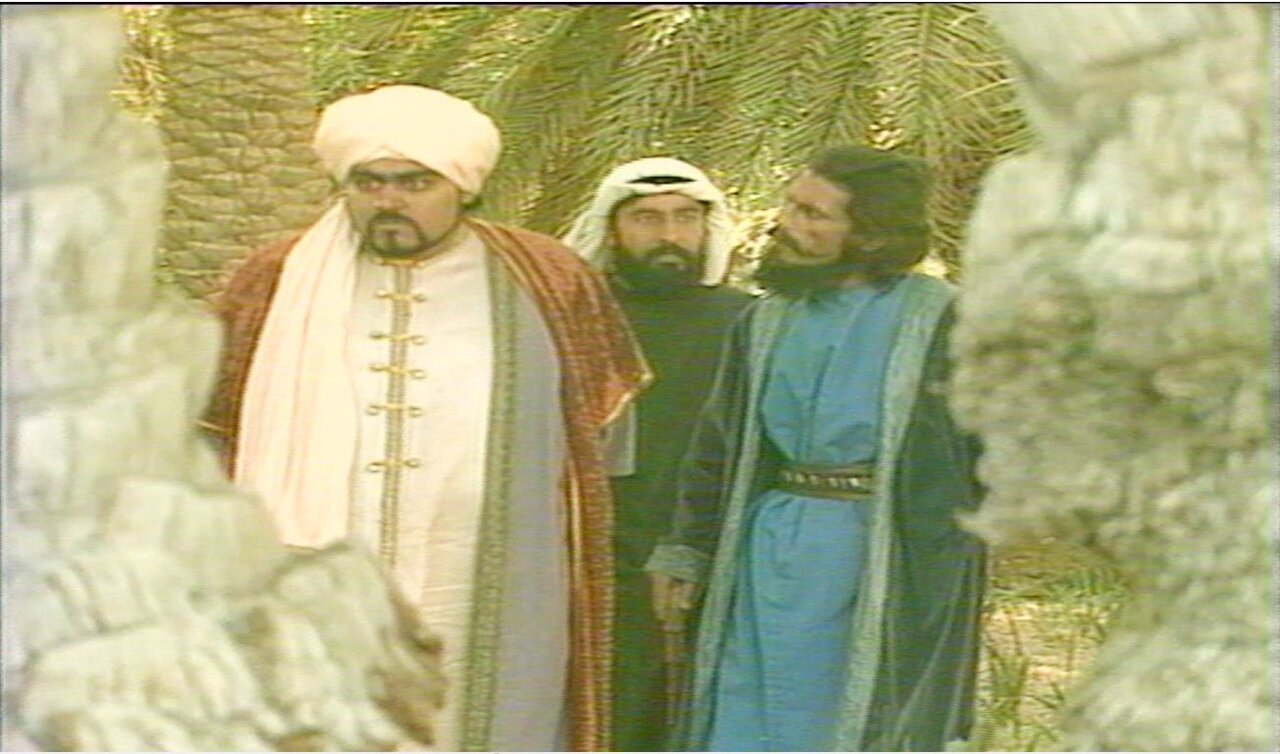
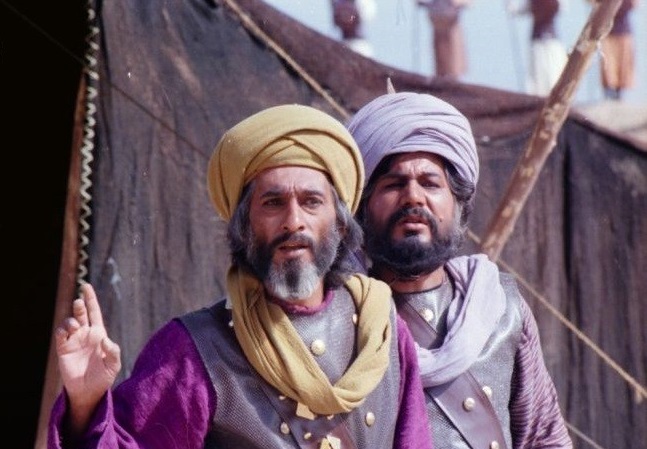
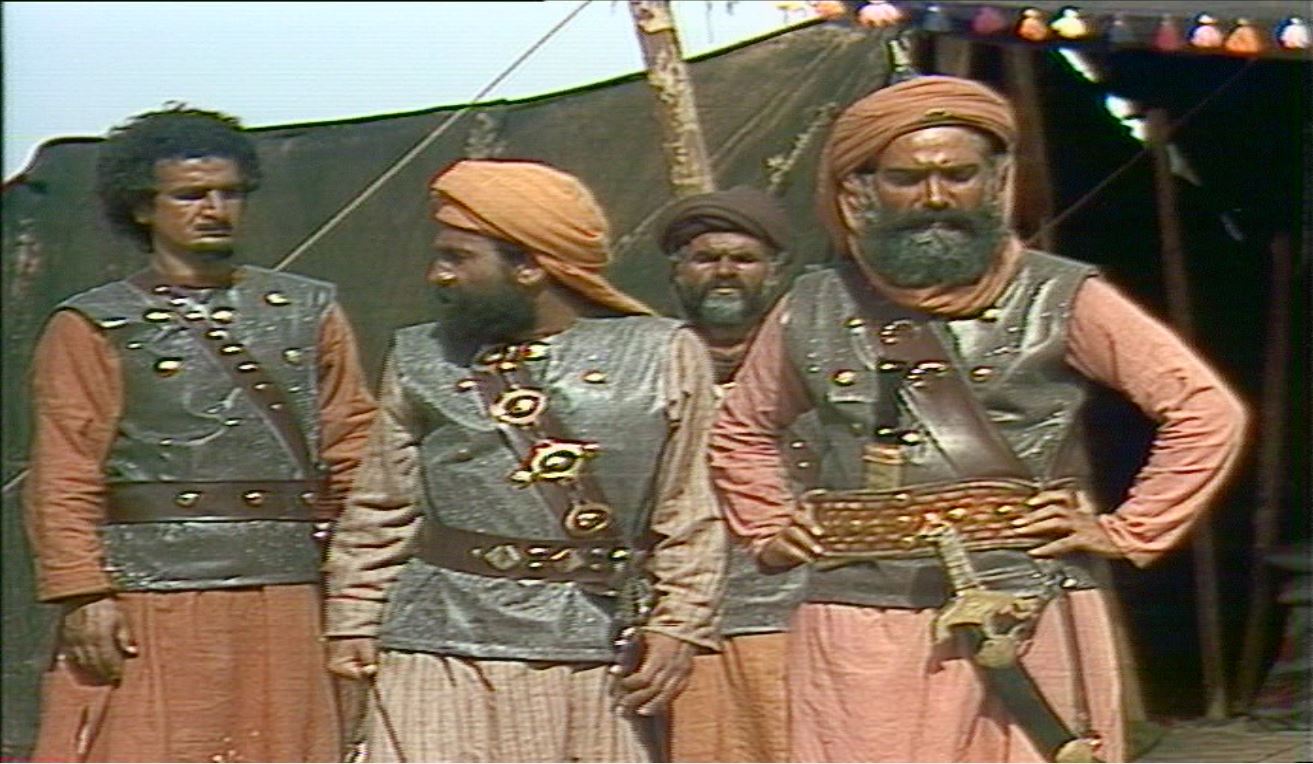
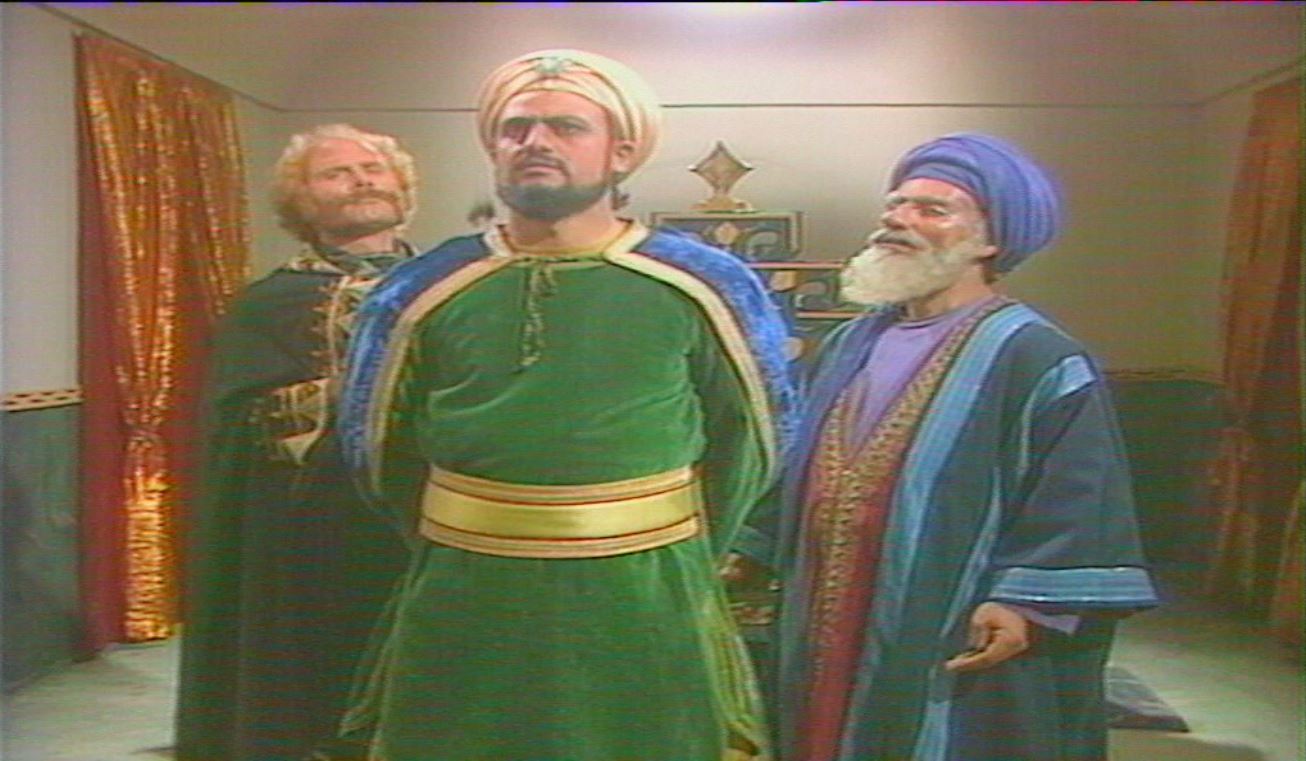 Stay connected for the rest of the story.
Stay connected for the rest of the story.
Read part 2:
Capturing spirit of Ashura through Iranian cinema perspective - Part 2
Capturing spirit of Ashura through Iranian cinema perspective - Part 3
MM/FM

.jpg)
.jpg)
.jpg)
.jpg)
.jpg)
.jpg)











 Stay connected for the rest of the story.
Stay connected for the rest of the story.



